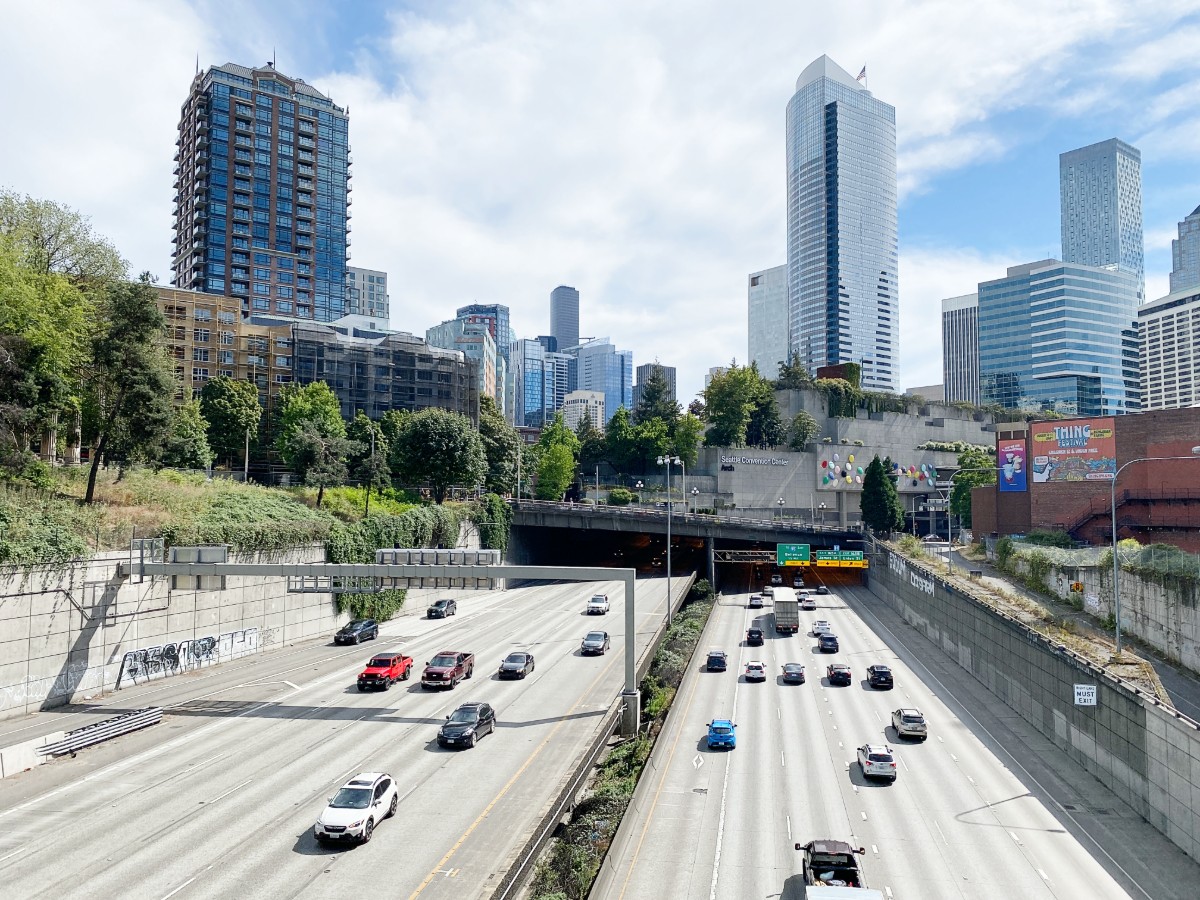The article delves into the nuanced practice of using 'thank you' or gratitude signals while driving in Japan and the related issues that may arise. Japanese drivers frequently use their car's hazard lights as a way to express gratitude or apologize to other motorists, a gesture that has become a significant part of the country’s road etiquettes. However, the widespread use of such signals sometimes leads to confusion and potential traffic concerns, leading authorities to raise the alarm about the customary practice.
In Japan, the culture of showing respect and manners extends even to the roads. Drivers often use hazard lights as a universal signal for saying thank you or sorry. The practice reflects the nation's value of harmony and respect for others. It's considered good manners and is encouraged, but the use of hazard lights to communicate non-emergency situations may potentially violate national traffic laws which state that hazard lights should only be used to warn others of a potential danger.
In contrast, American or European motorists often use horn honking or light flashing for communication, but primarily for warning or expressing frustration rather than gratitude. There are strict restrictions on the use of hazard lights, which are predominantly for emergencies or when the vehicle is stopped. The culture of courtesy on the road is not as deeply ingrained as in Japan.

